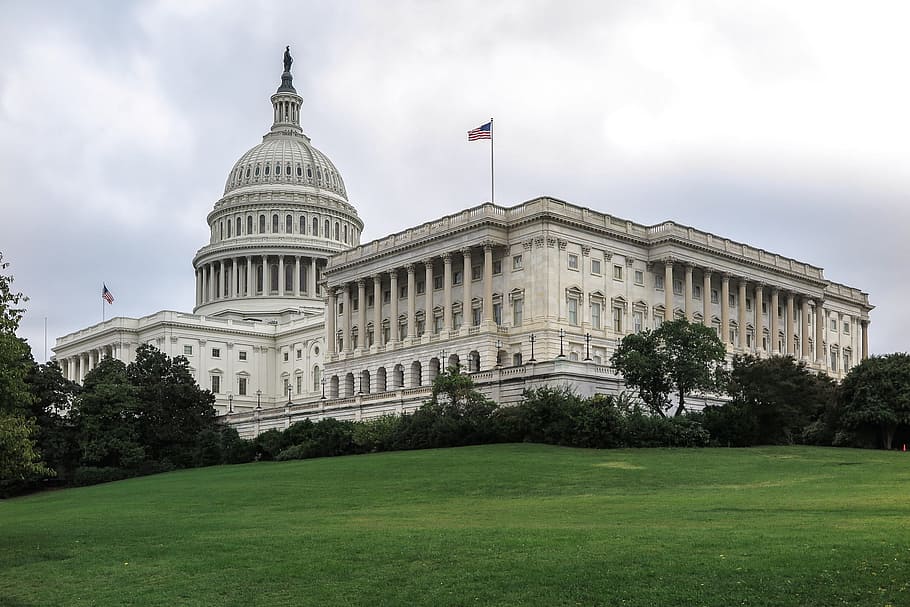
On Tuesday, the Senate voted to approve of the $1 trillion infrastructure bill that has been in the making since months. This was long overdue since no major bill of such a nature has been passed through the past decade. Despite several roadblocks, President Biden has been insistent that the infrastructure bill should be a bipartisan effort. It now faces challenges in the House as progressive Democrats are looking at additional spending.
Vice President Harris presided over the Senate today to bring in the historic vote. She gaveled in the final 69-30 tally which was the culmination of long drawn efforts by members from both the Republican and the Democratic parties. Nineteen Republicans including the Senate Minority Leader Mitch McConnell voted in favor of the bill despite opposition from Trump and his supporters in the Senate.
After the vote on the Infrastructure bill, the Senate voted along strict party lines 50-49 to start a debate on a $3.5 trillion budget resolution. The Democrats hope to pass a broader package of investments though they do not have support from the GOP including its leader in the Senate.
The infrastructure bill roughly includes the following expenditures
- Roads and bridges – $110 billion
- Electric grid and power infrastructure – $73 billion
- Passenger and freight rail – $66 billion
- Broadband – $65 billion
- Water systems and infrastructure – $55 billion
- Western water storage – $50 billion
- Public transit – $39 billion
- Airports – $25 billion
- Environmental remediation projects – $21 billion
- Ports and waterways – $17 billion
- Electric vehicles – $15 billion
- Road safety – $11 billion.
Republican Rob Portman of Ohio and Democrat Krysten Sinema of Arizona, who were the leads in refining the bill to a shape that could obtain bipartisan support, said in a statement on Tuesday that the bipartisan Infrastructure Investment and Jobs Act would modernize roads, bridges, ports and several other key infrastructure assets across America.
They added that it would
- create jobs
- increase productivity
- add economic growth and prosperity for future decades.
They also said that it would not raise taxes on everyday Americans or increase inflation. However, the nonpartisan Congressional Budget Office said that budget deficits could increase by $256 billion over a period of 10 years. The office report did not factor in potential increases in revenue which would accrue as a result of economic growth.
Image
